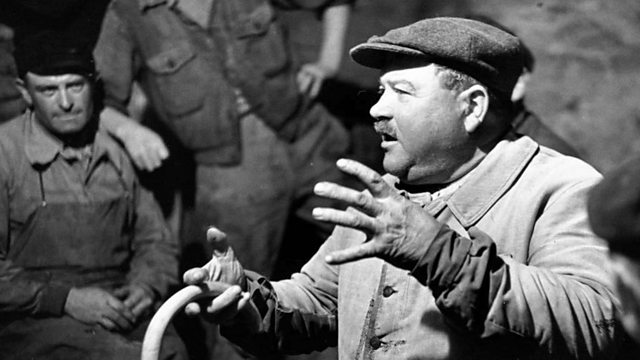Language and the Mind
Melvyn Bragg discusses whether the formation of language is innate or cultural and examines how ideas about language are being radically challenged and altered in the 20th century.
Melvyn Bragg and guests discuss the history of our ideas about the formation of language. The psychologist George Miller worked out that in English there are potentially a hundred million trillion sentences of twenty words in length - that’s a hundred times the number of seconds since the birth of the universe. “Language”, as Chomsky put it, “makes infinite use of finite media”. “Language”, as Steven Pinker puts it, “comes so naturally to us that it’s easy to forget what a strange and miraculous gift it is”. “All over the world”, he writes, “members of our species spend a good part of their lives fashioning their breath into hisses and hums and squeaks and pops and are listening to others do the same”. Jean Jacques Rousseau once said that we differ from the animal kingdom in two main ways - the use of language and the prohibition of incest. Language and our ability to learn it has been held up traditionally as our species’ most remarkable achievement, marking us apart from the animals. But in the 20th century, our ideas about how language is formed are being radically challenged and altered. With Dr Jonathan Miller, medical doctor, performer, broadcaster, author and film and opera director; Steven Pinker, cognitive scientist, Professor of Psychology and Director of the Centre for Neuroscience, Massachusetts Institute of Technology, California.
Last on
More episodes
Previous
Broadcasts
- Thu 11 Feb 1999 09:02�鶹�� Radio 4
- Thu 11 Feb 1999 21:30�鶹�� Radio 4
Featured in...
![]()
The Wonders of Language
Celebrating Language on Radio 4
![]()
20th Century—In Our Time
Browse the 20th Century era within the In Our Time archive.
![]()
Science—In Our Time
Scientific principles, theory, and the role of key figures in the advancement of science.
In Our Time podcasts
Download programmes from the huge In Our Time archive.
The In Our Time Listeners' Top 10
If you’re new to In Our Time, this is a good place to start.
Arts and Ideas podcast
Download the best of Radio 3's Free Thinking programme.
Podcast
-
![]()
In Our Time
Melvyn Bragg and guests discuss the ideas, people and events that have shaped our world.




